The society of organizations is new - only seventy years ago employees were a small minority in every society
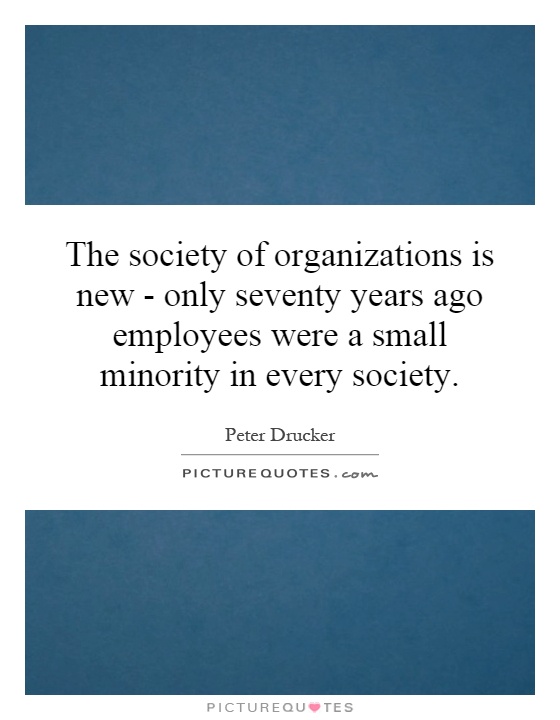
The society of organizations is new - only seventy years ago employees were a small minority in every society
Peter Drucker, often referred to as the father of modern management, was a visionary thinker who foresaw the rise of the society of organizations. In his seminal work, "The Concept of the Corporation," published in 1946, Drucker argued that employees were becoming a significant force in society, marking a shift from the traditional dominance of owners and managers. He believed that this transformation would have profound implications for the way businesses and society as a whole operated.Drucker's insights were revolutionary at the time, as employees were indeed a small minority in every society just seventy years ago. In the early 20th century, most workers were seen as mere cogs in the machine, with little say in how organizations were run. However, Drucker recognized that employees were increasingly becoming more educated, skilled, and empowered, leading to a fundamental reordering of power dynamics within organizations.
Drucker's ideas laid the foundation for the modern understanding of organizations as complex social systems, where employees play a crucial role in driving innovation, productivity, and growth. He emphasized the importance of treating employees as valuable assets rather than expendable resources, advocating for a more human-centered approach to management.
Drucker's vision of the society of organizations has become a reality in the 21st century, with employees now recognized as key stakeholders in the success of businesses. The rise of knowledge-based industries, technological advancements, and changing societal values have further accelerated this trend, making it imperative for organizations to adapt to the new reality.

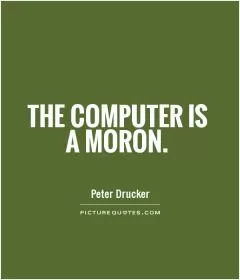

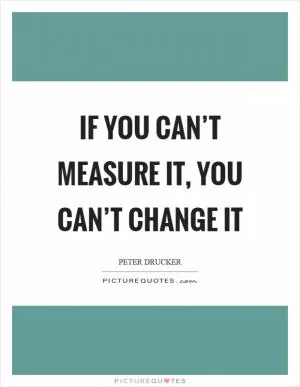
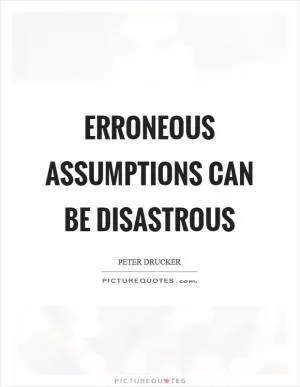

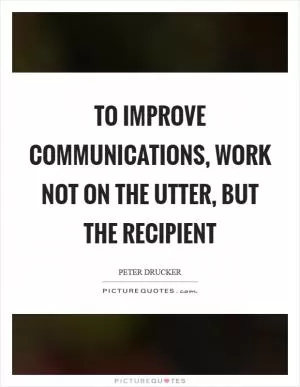

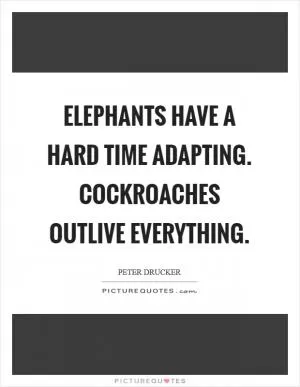
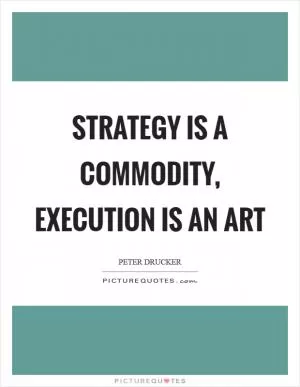


 Friendship Quotes
Friendship Quotes Love Quotes
Love Quotes Life Quotes
Life Quotes Funny Quotes
Funny Quotes Motivational Quotes
Motivational Quotes Inspirational Quotes
Inspirational Quotes